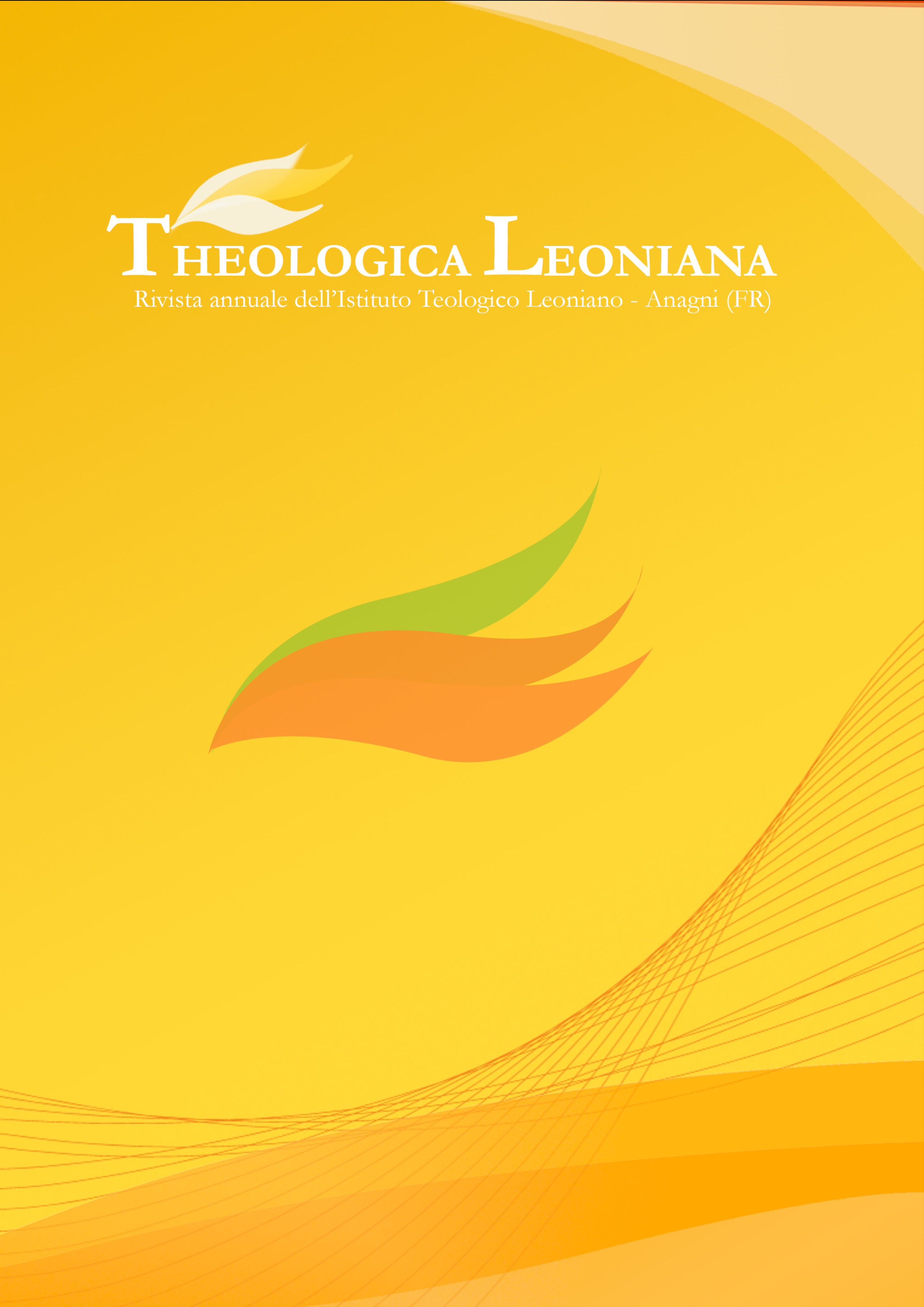L’antropologia di Karl Rahner. Libertà e relazione: l’uomo unito a Dio in Cristo
Contenuto principale dell'articolo
Abstract
La teologia di Rahner nella sua prospettiva antropologica si è confrontata con le visioni teologiche del suo tempo e ha colto come la dimensione religiosa dell’esistenza venga interpretata in termini di attitudine trascendentale dell’uomo, capace di accogliere l’invito divino rivoltogli nella Rivelazione. Nell’incarnazione di Cristo Rahner afferma la massima realizzazione dell’incontro tra l’uomo e Dio: l’umanità raggiunge la trascendenza e la piena realizzazione. L’uomo in quanto essere spirituale è il destinatario della Parola indirizzata dal “libero Sconosciuto”, governatore del mistero dell’essere. Quest’apertura all’Altro (e all’essere in generale) è un dato fondamentale del suo essere persona: in tal modo l’uomo viene trasformato nella pura apertura verso il mistero. Egli è quindi orientato intrinsecamente verso Dio, quest’orientamento costituisce il suo esistenziale permanente. E dinanzi agli occhi dell’uomo il mistero di Dio rappresenta l’orizzonte che sorregge e attira la sua apertura.
In taking on the theological perspectives of his day, Rahner’s theological anthropology grasped how the religious dimension of human existence was interpreted in terms of the human person’s transcendental attitude, that is, the human capacity to accept the divine invitation directed to us in Revelation. In the Incarnation of Christ, Rahner affirms the consummation of the encounter between the human person and God; humanity has reached total transcendence and complete fulfillment. Inasmuch as the human person is a spiritual being, we are the recipients of a Word that has been directed to us by the “free and unknown One” who governs the mystery of being. Not only is this pure openness to the mystery of the Other (and toward being in general) fundamental to human being as person, but it is transformative of the human person. The human person is, therefore, intrinsically oriented toward God, an orientation that constitutes his permanent existential. The holy mystery of God which the human person beholds represents the horizon that sustains and attracts humanity’s openness.
##plugins.themes.bootstrap3.displayStats.downloads##
Dettagli dell'articolo
Fascicolo
Sezione

Questo volume è pubblicato con la licenza Creative Commons Attribuzione 4.0 Internazionale.

